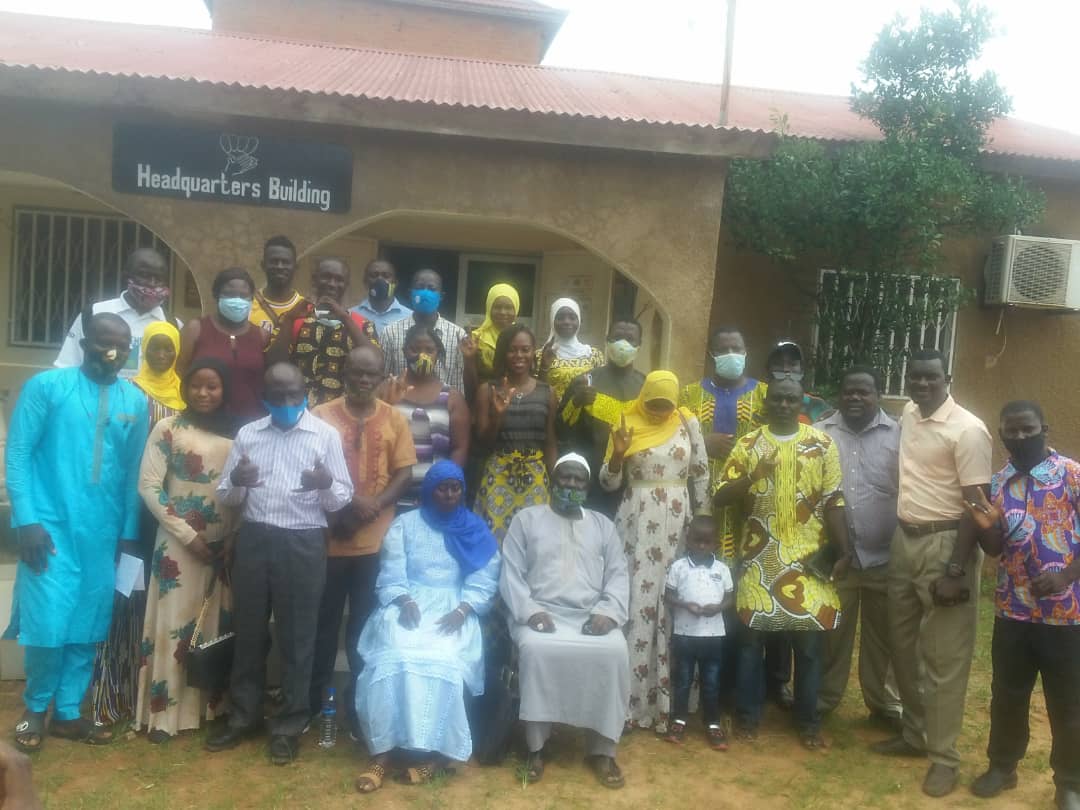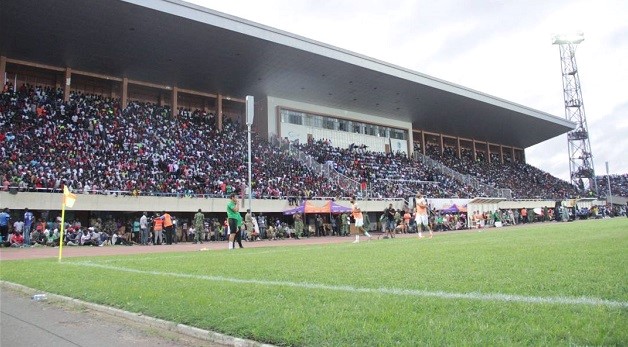By: Nyima Sillah
At the age of 7, a young girl (named withheld) was subjected to FGM. Her mother at the time did not have any knowledge about the health complications of FGM and its impacts. Narrating her daughter’s FGM nightmare experiences, Fanta Ceesay, said: When her daughter was cut, she experienced pain when urinating till she healed.
“It was painful for her (the daughter), and she always got scared to urinate due to the pain. She was battling with this problem throughout this period and I could not face her to tell her what had happened because I felt guilty about her condition. As I speak, she faces severe pain when she is menstruating,” mother shed tears as she explained situations her daughter passed through and now facing as she envisaged that the young girl’s life might be at risk when she married because her labia was completely removed.
The poor young girl’s mother took her daughter for a series of treatments but noted that she is different from her other children who did not undergo this practice. FGM is a practice associated with social norms adopted by some families as a deep-rooted culture.
According to WHO, FGM has no health benefits and it harms girls and women in many ways. The practice involves removing and injuring healthy and normal female genital tissue, interfering with the natural functions of girl’s and women’s bodies. It can lead to immediate health risks, as well as a variety of long-term complications affecting women’s physical, mental, and sexual health and well-being throughout the life course.
All forms of FGM are associated with increased health risks in the short and long term. FGM is a harmful practice and is unacceptable from human rights as well as a public health perspective, regardless of who performs it. Some healthcare providers perform FGM (medicalization) but WHO is opposed to all forms of FGM and strongly urges healthcare providers not to carry out FGM even when their patient or their patient’s family requests it.
Another mother, Awa Njie, said she had issues with her husband’s family they have a strong belief in this practice. She confirmed that her first daughter underwent the practice without her consent. “She developed keloid scar tissue over the area that has been cut this always makes her feel ashamed when she is with her siblings. I could see that discomfort in her anytime she was with her sisters who did not undergo the practice. Sometimes I cry because of what I feel for her and the health complications she will have shortly. I applied different creams but still the same,” She wept.
She further narrated that her husband insisted that her last two kids would also go for the FGM process. But she vowed before her husband that she would do everything to protect her other daughters from this cruel process.
The health complication symptoms are not normally discussed in the open, partly because FGM is so normalized in some communities and women don’t see it as a problem, or even connect their myriad health problems with their experience of FGM as a child.
“I have frequent infections, even currently I am on medication to end the infection I got because of FGM. I treat it until I get fed up because it is hard for me to get rid of it even for a month. It vanishes and comes back within a week. If you are cut you don’t have a cover to protect that area anymore which exposes it to different types of infections,” Survivor explained.
She called herself Yama Conteh but not her real name, she continued that she had experienced complications when giving birth to her two kids because she could not give birth naturally but had to undergo an incision which she thought was normal as that was her first child, but having the same incision for her second child was difficult for her.
“FGM disturbs me so much that I don’t even want to talk about it. My unending infection traumatizes me and I feel scared to have kids due to my past experiences.”
“FGM has no health benefits”
Dr. Mustapha Bittaye, Former Director of Health Services at the Ministry of Health in The Gambia, pointed out many health complications of FGM, starting from immediate complications which include bleeding uncontrollably, infections, and psychological trauma while long-term complications include prolonged labor, clitoral cysts, and postpartum hemorrhage, among others.
“FGM has no health benefits. It is traumatic generally to women,” he lamented.
According to a recent survey, 73% of women in The Gambia have undergone FGM with 65% of those being under the age of five. The practice is usually conducted by older women in society.
Human Rights Lawyer, Anna Njie, said the health complications arising from FGM are inconsistent with The Public Health Act 1990 and Article 14 of the Maputo Protocol, which mandates the protection of women’s health and access to healthcare services.
She pointed out that FGM inflicts severe pain and harm, violating The Gambia’s 1997 Constitution (Section 21) and the African Charter on Human and People’s Rights( Maputo Protocol, Article 5), which both safeguard bodily integrity and prohibit harmful practices.
“Right to Freedom from Torture and Cruel, Inhuman, or Degrading Treatment FGM is deemed as cruel and inhumane, violating Section 19 of The Gambia’s Constitution and Article 4 of the Maputo Protocol, which prohibits torture and inhumane treatment.”
The Network Against Gender-Based Violence (NGBV)’s position paper on female genital mutilation/circumcision on the health of women and girls stated that FGM/C poses severe physical, psychological, and emotional consequences for affected individuals.
“Evidence from research conducted in The Gambia and other parts of the world have shown that the practice violates women and girls’ sexual and reproductive health and rights including the right to choose and dignity. Immediate risks include severe pain, bleeding, infections, and even death, while long-term complications encompass chronic pain, urinary problems, sexual dysfunction, obstetric complications, and psychological trauma.
“A pediatrician and Research Clinician at MRC amongst others Indicated that 23% had no FGM/C, 77% had FGM/C out of which: 23.8% had undergone FGM/C type I, 44.8% had undergone FGM/C type II, 8.4% had undergone FGM/C type III/IV. Only 6 cases of type IV FGM/C were recruited into the study.”
However, the clinical study on FGM indicated that women with FGM/C are more likely to have blood loss of 500ml or more after delivery and the risk increases with the severity of the type of FGM/C. Women with FGM/C are more likely to have undergone operation during childbirth with the risk increasing based on the severity of the FGM/C type.
“Women with FGM/C are more likely to have perineal laceration (tears) or episiotomy (a cut through the area between the vaginal opening and anus to aid childbirth) with the risk increasing based on the severity of the FGM/C type. Most women suffer in silence as they hesitate to express pain related to childbirth and FGM/C, noting that open discussion of sexual and reproductive health is hindered by norms related to privacy and projecting strength. Women are not the primary decision-makers on matters concerning their own sexual and reproductive rights.”
The United Nations Population Fund (UNFPA) estimated that 68 million girls are at risk of undergoing the practice between 2015 and 2030. Protecting girls will take a significant push to eliminate this harmful, often deadly, practice. Coordinated and systemic efforts are needed to end female genital mutilation. This means engaging whole communities and focusing on human rights and gender equality. Additionally, the sexual and reproductive health needs of women and girls who are subjected to the practice and its consequences must be urgently addressed.



